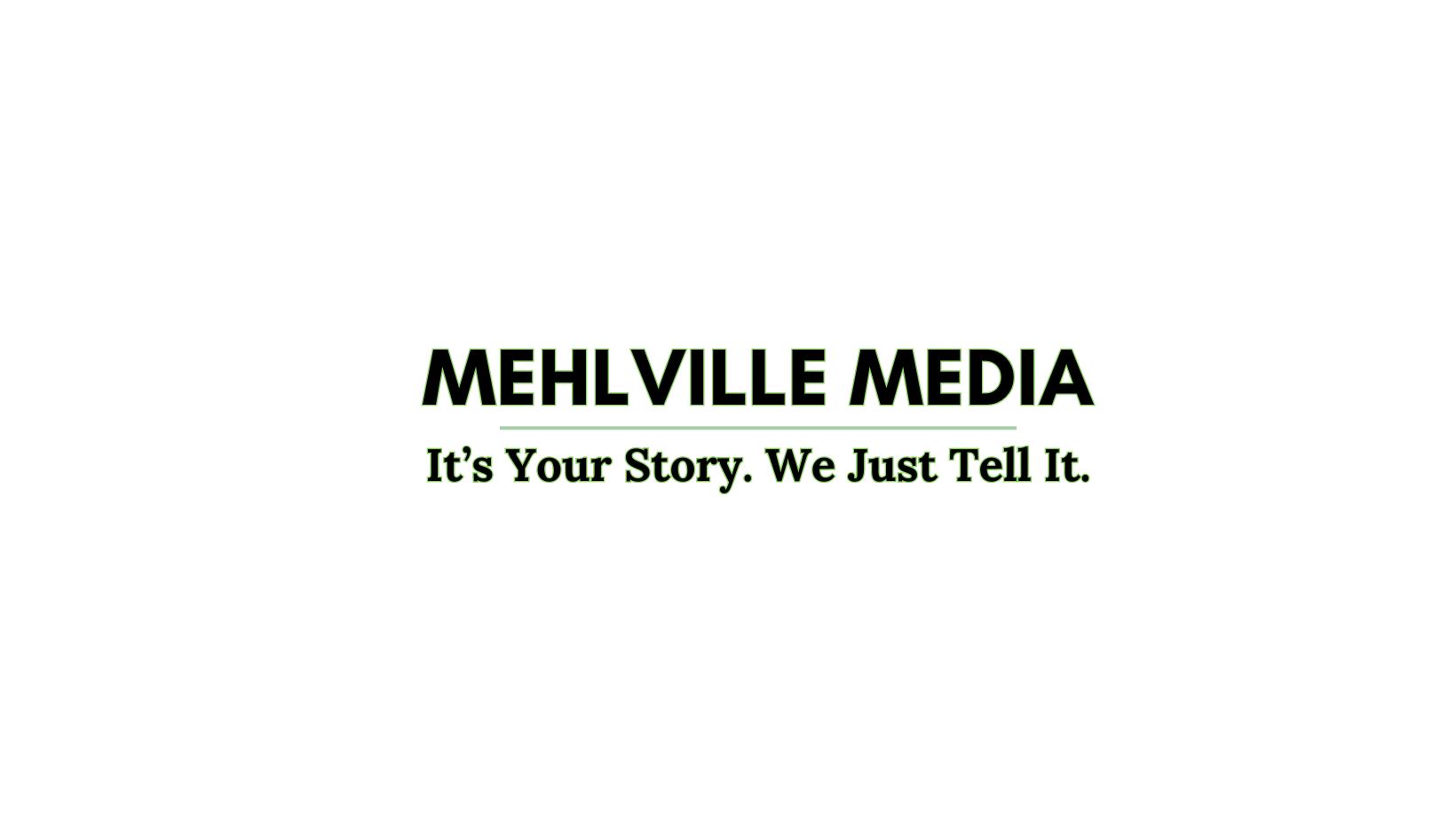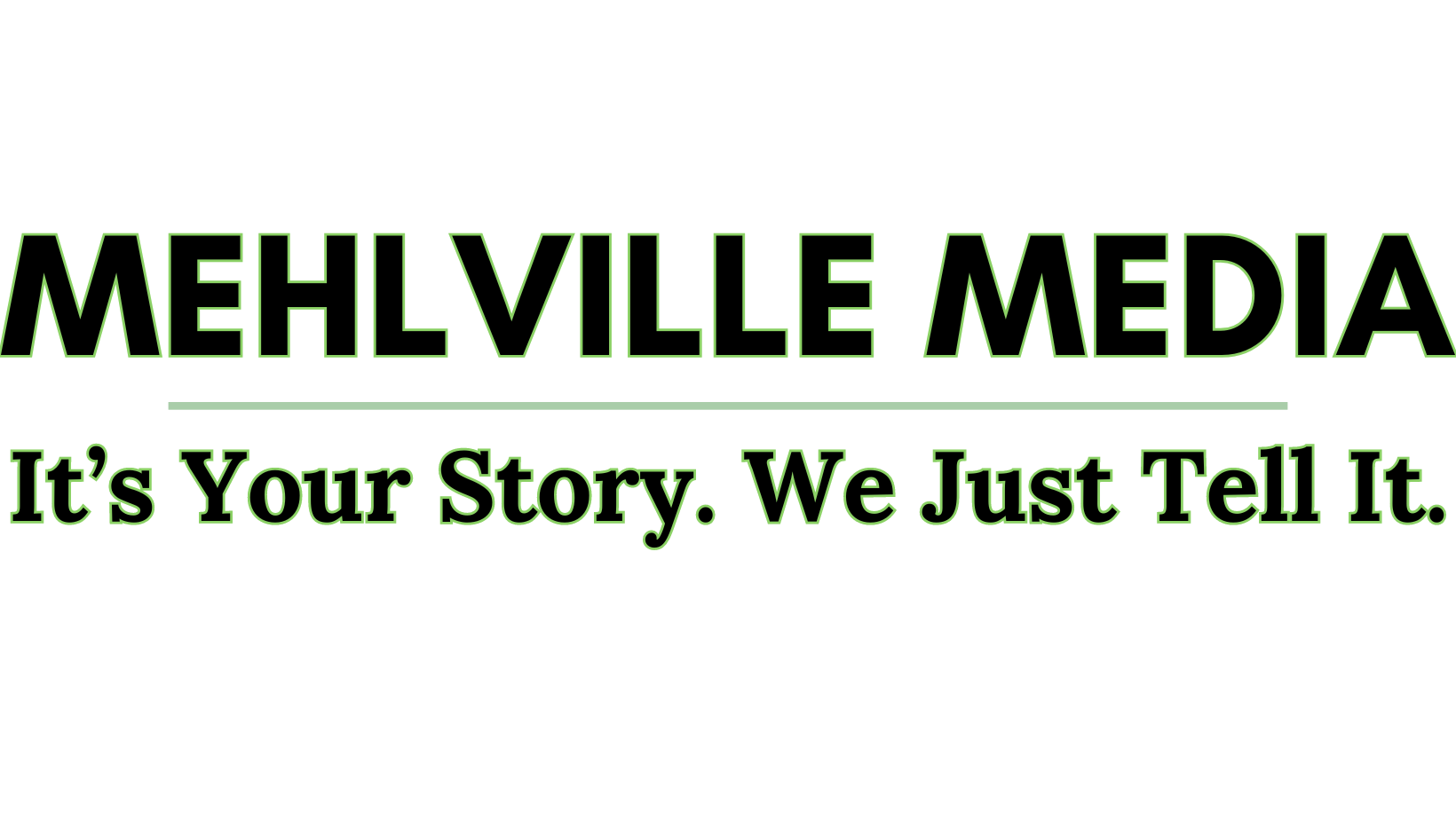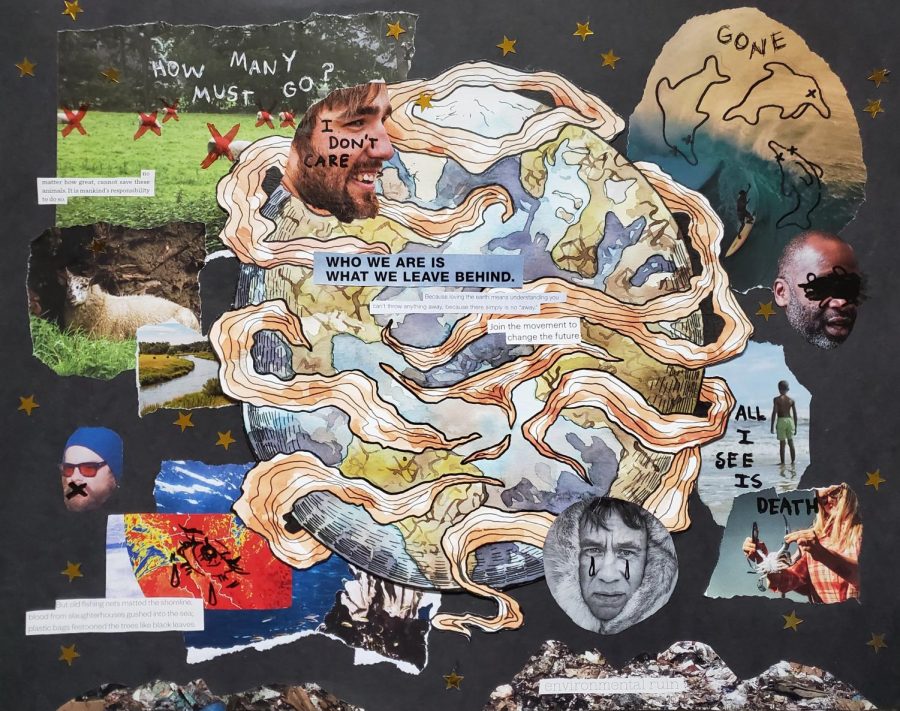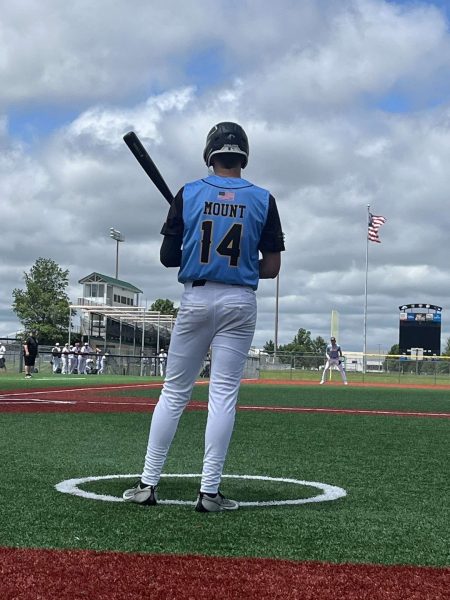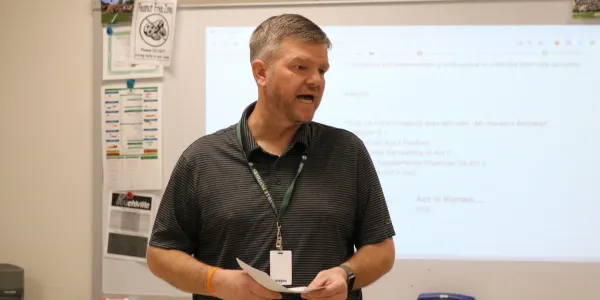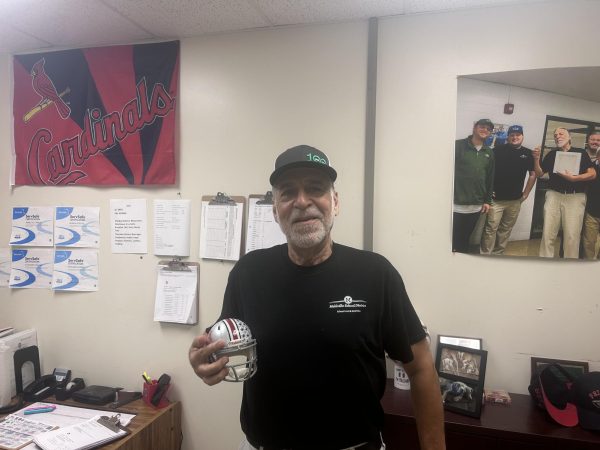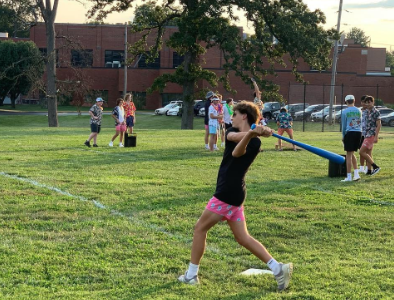Going Strawless Isn’t Enough
Photo by Art by: Kaylie Lutsky
Lutsky used a compilation of magazine cut outs and quotes to express to the reader that the pollution we leave behind is not something to just brush off. The effects of all this plastic is dangerous.
The ban against straws is spreading like wildfire. Everywhere you will see reusable and paper straws. It seems the reusable straws are more of a trend than an effort to help keep our environment clean. Straws are only a small piece of a much bigger issue. Compared to all of the plastic floating around in bodies of water around the world, the number of discarded straws seems tiny.
Jenna Jambeck, an assistant professor of environmental engineering from the University of Georgia, identifies a major problem.
“Straws added up to only about 2,000 tons of the nearly nine million tons of plastic waste that yearly hits the water, “ said Jambeck in Science.
According to Jambeck, the weight difference is drastic. Even if we were able to manage to strip all water sources of straws, where would still be 8,998,000 tons of plastic left.
The harsh reality is our home planet is undergoing a pollution crisis and if we don’t start to make a change, Earth’s future could be on the line.
Go outside, look around. Plastic is scattered all over our natural surroundings, and it’s not just straws. Plastic bags, cups, forks, knives, and old packaging are filling crevices, emitting dangerous toxins into the air we breathe. Even from reusable, nicer plastic, chemicals radiate from all plastic products.
Stephen Klobe, Environmental Sustainability Club sponsor, tells how chemicals can still leach out of plastic no matter what, and it makes him wonder what we are putting into our bodies. Not only is our use of plastic having a negative effect on our bodies, but ourselves as well. That all being said, the straw ban is not bad, but the solution to our pollution quandary will not be solved by ridding our lives of plastic tubes. In fact, there are cases where plastic straws are needed medically. Steve Russell, Vice President of Plastics for the American Chemistry Council said, “in many cases, these plastics provide sanitary conditions for food, beverages, and personal care.” A widespread ban of straws could hinder the needs of the handicapped, such as with someone who is paralyzed from the neck down. They would need a straw to eat or to drink, plus not all reusable straws make hydration and nutrition fully possible.
While there might be controversy around straws, there are other ways to help reduce the amount of plastic you use. It is evident that cleaning the environment is not a priority for the people in power. As of now, they have made little to no effort. It is up to us, the people, to evoke change.
“First things first, we need to [stop] living a lavish lifestyle,” said Biology teacher Becca Bock.
Just because we have the means to fill our lives with plastic products, doesn’t mean we have to. There’s nothing wrong with reusing items; this can even lower production and save you money.
Klobe works to keep his house waste-free.
“Try to make little changes in your life, so whether you start with a straw, you start telling yourself ‘I’m going to bring my own straw’…some of it takes retraining your habits.”
He told me how he will bring his own containers to put his leftovers in when going out to eat, or tries to bring his own cups wherever he and his family go to avoid using wasteful products.
Making a change in our environment is not entirely out of our hands. Small actions add up, eventually making a difference. The no straw movement is just a start, but it can not stop there. Think about all the plastic products you use on a daily basis. Are they necessary? Can you live without them? Probably. Let’s make the act of cutting out plastic products spread just like the straw ban, and let’s start it right here at Mehlville High School.
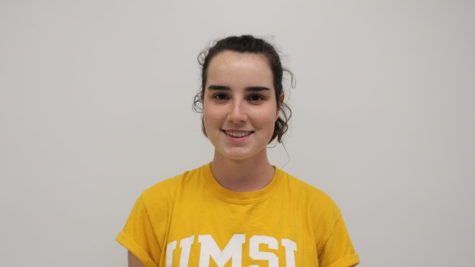
Veronica McKelvie is a junior at Mehlville High School. She is involved in choir, orchestra, cross country, swim team, water polo and is a Drama Club President...
